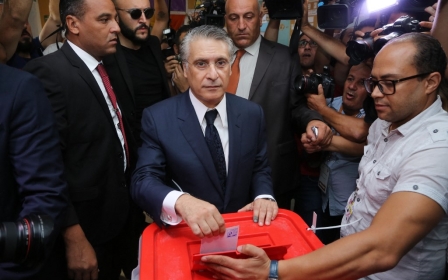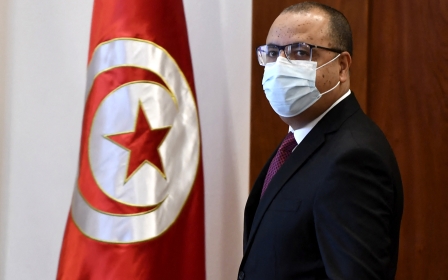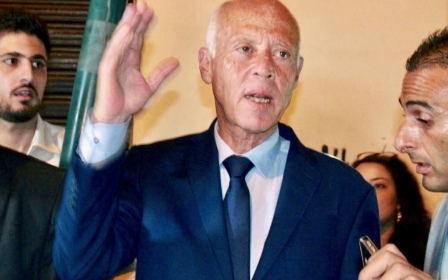UN human rights office concerned about serious violations by Tunisian police
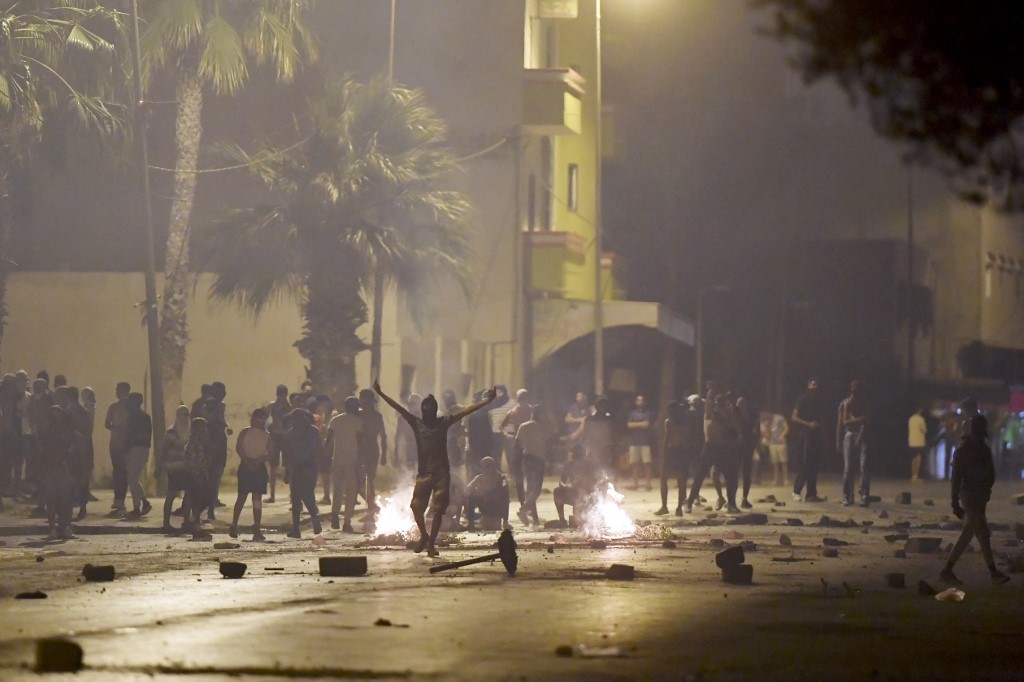
The United Nations human rights office in Tunisia said it was concerned about serious violations by Tunisian police as protests against police brutality raged for a sixth day.
Protests have flared in the capital since last week when a man died in police custody after being arrested on suspicion of dealing drugs, local media reported.
The unrest was also triggered in part by an assault on Thursday, in which a minor was stripped naked and severely beaten in the Sidi Hassine Sijoumi neighbourhood - with the resulting video being widely circulated on social media.
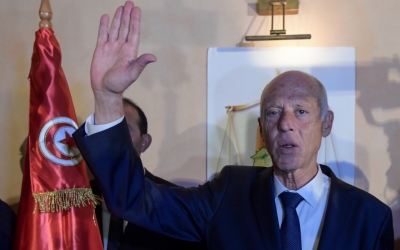
The video prompted criticism from political parties, local human rights organisations and President Kais Saied, while Prime Minister Hichem Mechichi said the officers involved were arrested and the incident was unacceptable.
"These serious and repeated violations since the beginning of the year reveal continuing dysfunctions within the internal security services," the UN said in a statement on Monday.
Tunisia's interior ministry said the violations were individual and do not represent a systematic policy of the ministry, adding that it launched a programme to reform the security apparatus years ago.
Much of the unrest has been in disenfranchised and marginalised areas where anger is boiling over because of soaring unemployment and a political class accused of having failed to deliver good governance a decade after the 2011 revolution that toppled long-time President Zine El Abidine Ben Ali.
During protests in January, police arrested more than 2,000 people, most of them minors. Rights groups said that hundreds of them were subjected to ill-treatment and torture.
Last year, Amnesty International warned that freedom of expression in Tunisia was in danger due to the increased prosecution of people over social media posts, noting that at least 40 bloggers had been detained between 2018 and 2020.
Middle East Eye delivers independent and unrivalled coverage and analysis of the Middle East, North Africa and beyond. To learn more about republishing this content and the associated fees, please fill out this form. More about MEE can be found here.


